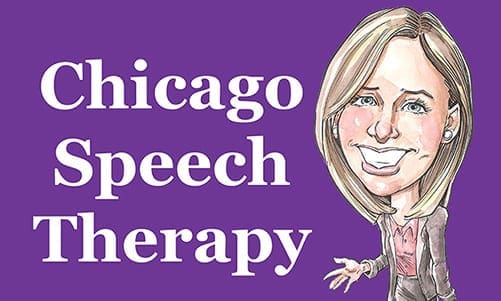Mixed receptive-expressive language disorder is characterized by a child’s inability to express himself or herself using spoken language and by exhibiting problems understanding what people say. This disorder is diagnosed in approximately 5% of preschool children and 3% of school-aged children.
The Implications of Mixed Receptive-Expressive Disorder
A child with mixed receptive-expressive language disorder will have difficulty communicating thoughts, needs, or wants with the same level of complexity as peers. Children with this disorder may also lack effective language comprehension which can result in inappropriate responses or failure to follow directions. These behaviors can be taken as stubbornness or even as behavior problems, but they actually stem from a basic lack of understanding. Because of this, it is important to react with patience and concern if your child seems to have problems with spoken communication.
Many children who are diagnosed with mixed receptive-expressive language disorder have other disorders as well, such as a phonological disorder or a reading disorder.
Treatment of Mixed Receptive-Expressive Language Disorder
Having this disorder does not mean that your child will be permanently impacted; however, treatment requires the involvement of parents, teachers and anyone else who regularly interacts with the child. One-on-one speech therapy sessions with a speech- language pathologist are also recommended to help target your child’s specific language needs. It is also important to begin treatment as soon as possible after a proper diagnosis is received. Early intervention and treatment can be integral to the success your child will experience.
Even with treatment, however, it is important to understand some children will continue to have problems with language skills and with expressing and understanding others. The important thing is to do what you can to help your child reach his or her full potential, and to practice patience and understanding no matter what the outcome.
If your child is exhibiting problems with expression or reception, it is very important to seek professional help. A speech- language pathologist (SLP) will be able to administer an evaluation of your child’s abilities that will help determine the nature of these problems. SLP’s are also able to develop therapy options and plans.
Chicago Speech Therapy Helps Children Deal with Mixed-Expressive Language Disorder


